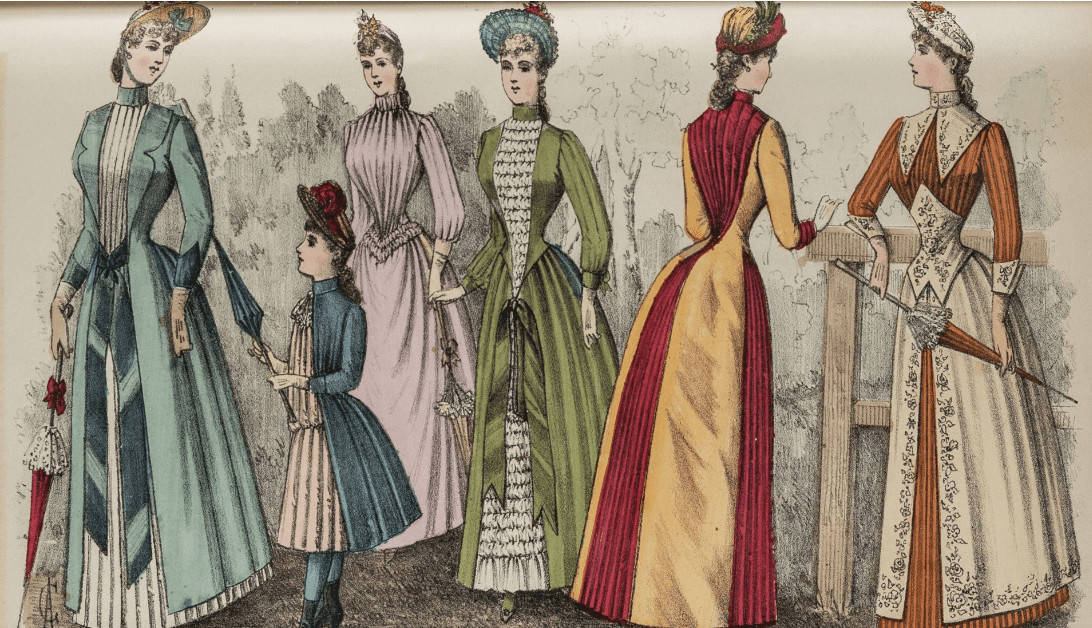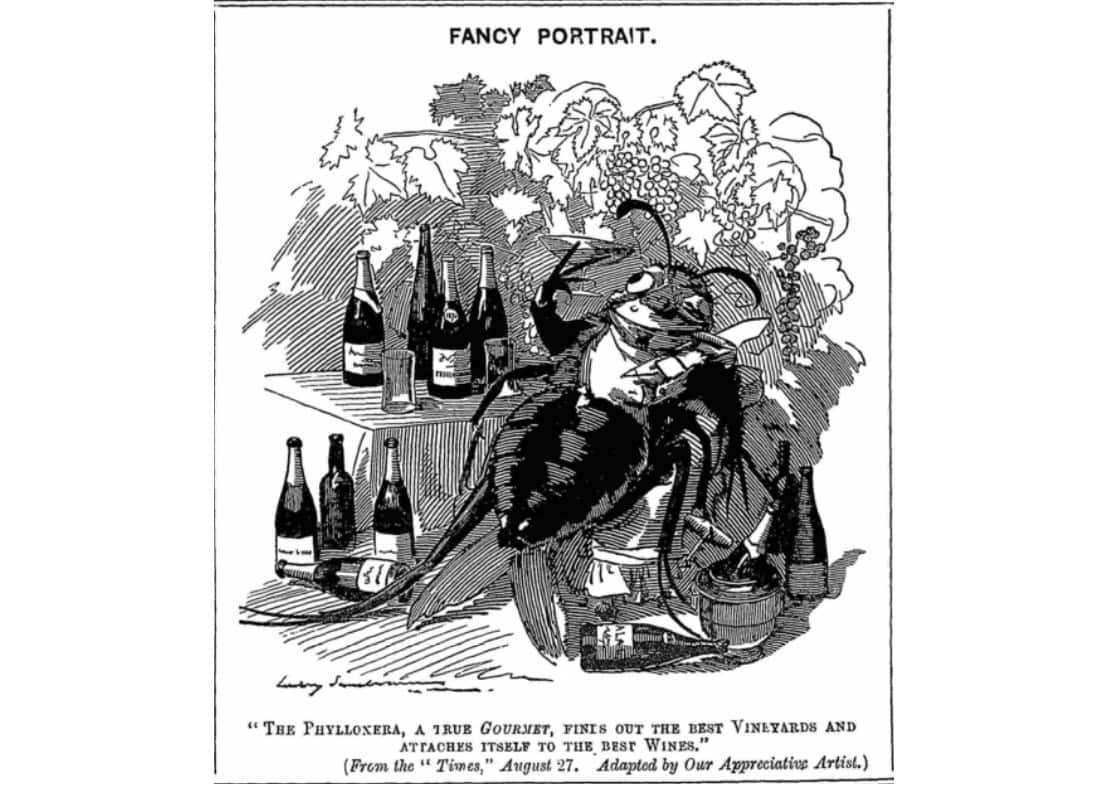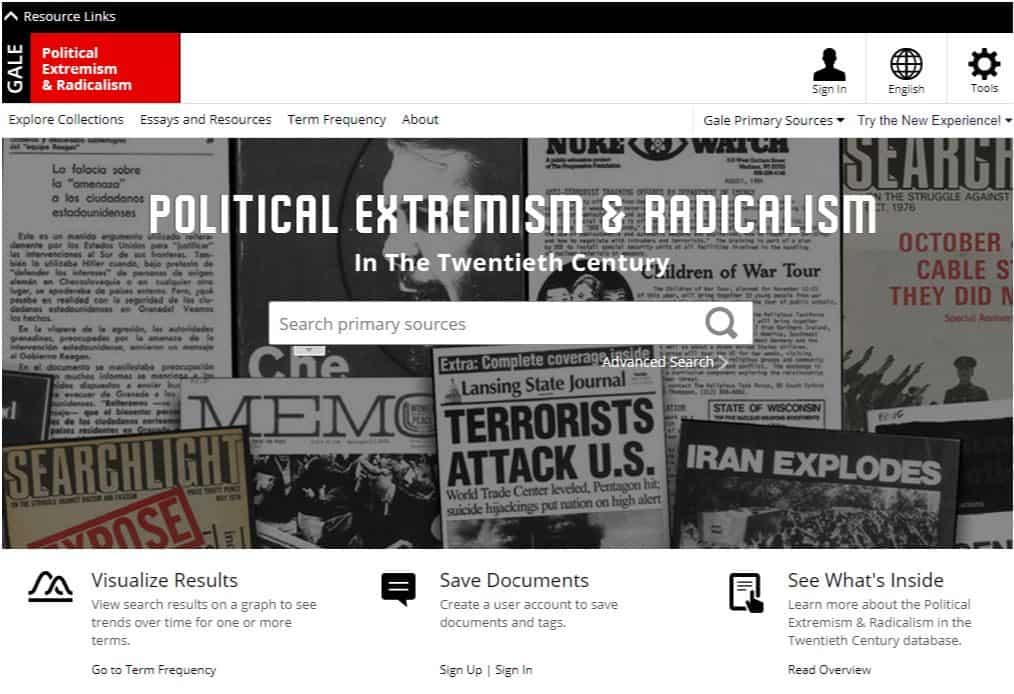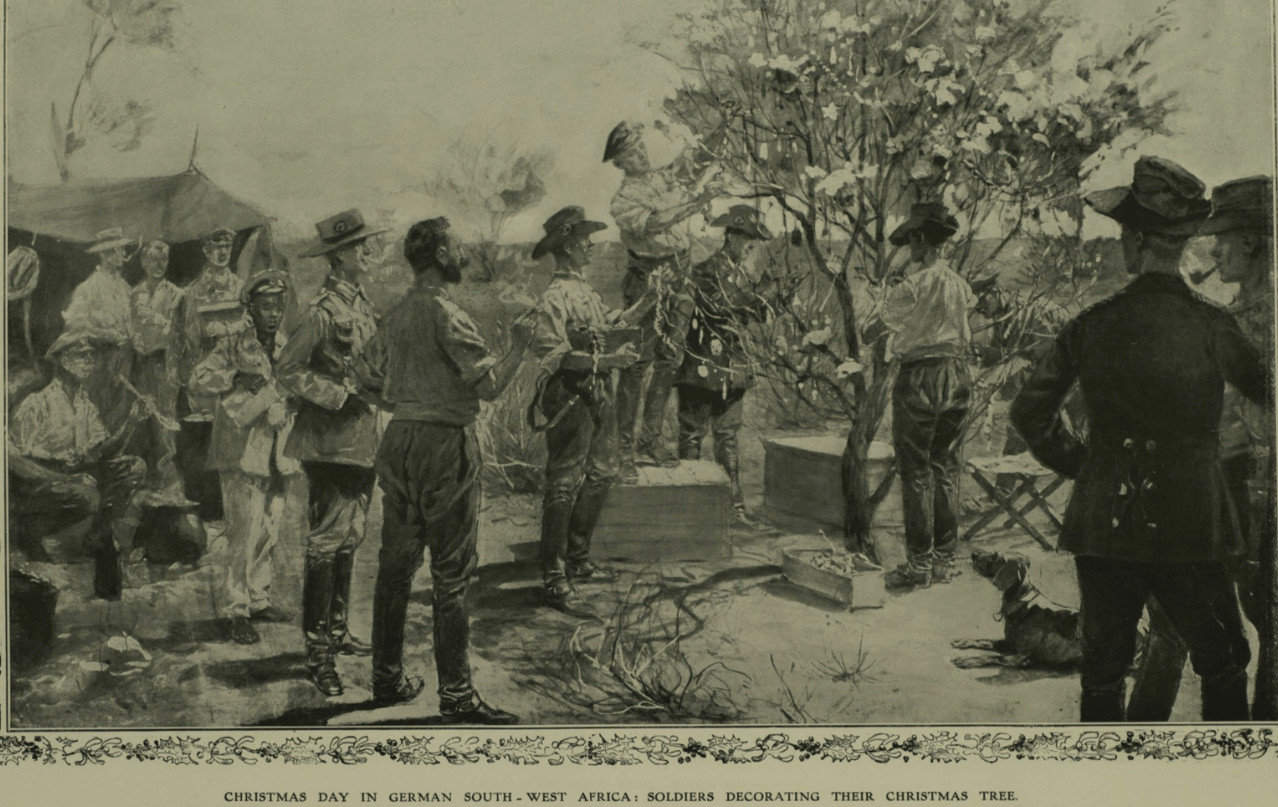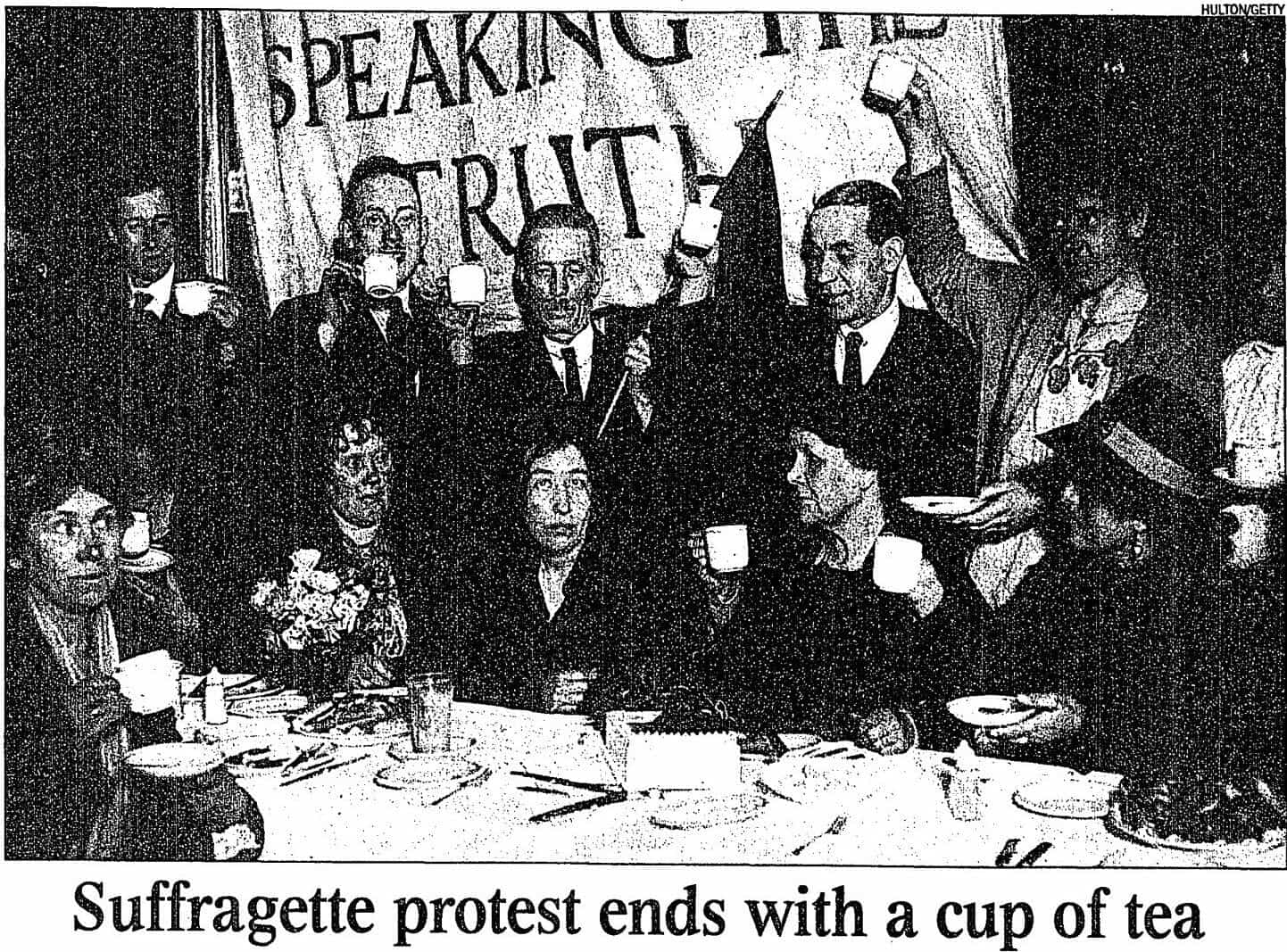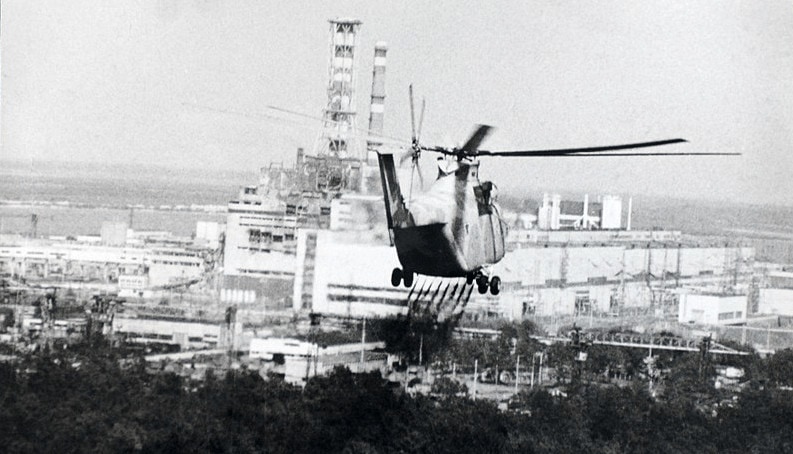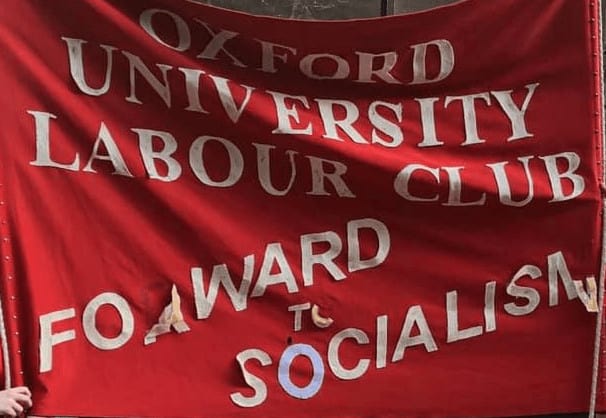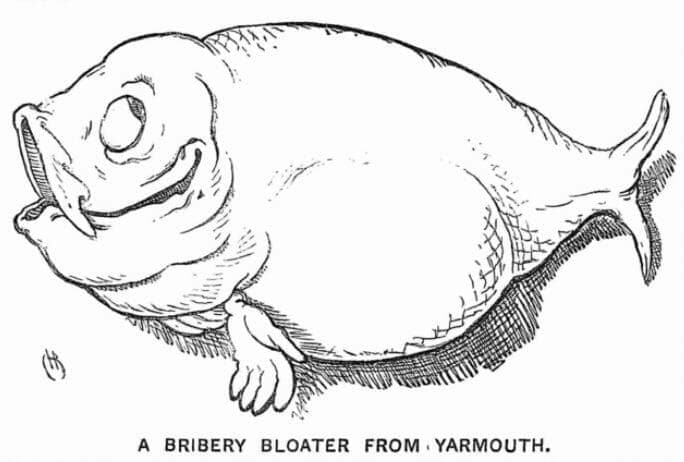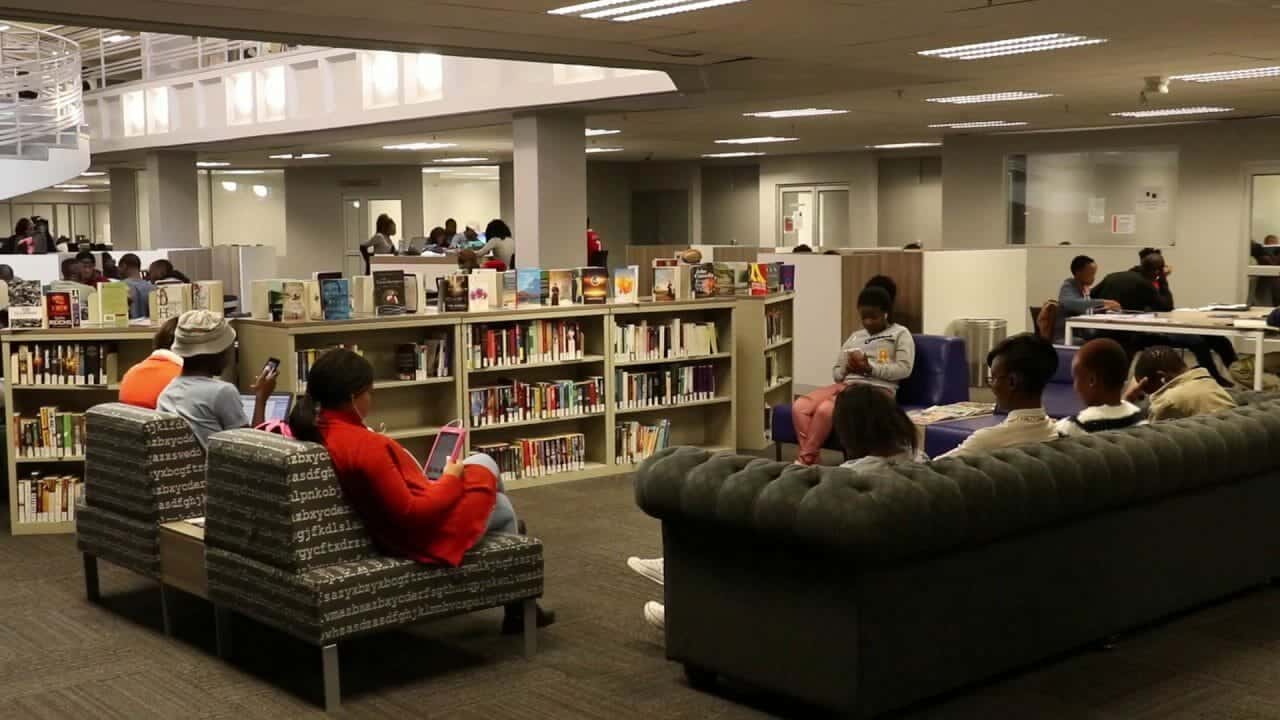│By Rachel Holt, Gale Primary Sources Acquisitions Editor│
Rachel Holt is an Acquisitions Editor at Gale, working on the Gale Primary Sources portfolio. Managing the Women’s Studies Archive series, Rachel works closely with source libraries and other archival institutions around the world and tracks academic trends in Women’s and Gender Studies to ascertain which primary sources are required. In this blog post she answers the following questions about the new module, Voice and Vision:
What is in this new archive?
Why did Gale digitise these particular collections?
Why have we called the new instalment Voice and Vision?

